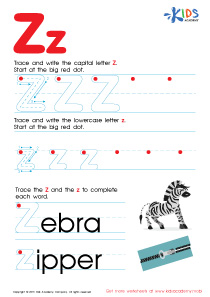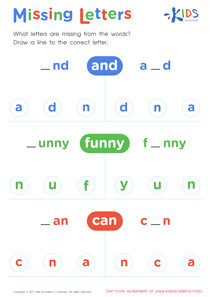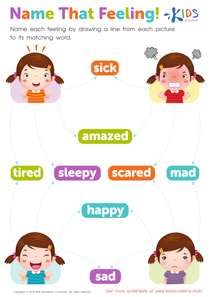Extra Challenge Letter Recognition Worksheets for Ages 3-7
13 filtered results
-
From - To
Unlock your child's potential with our Extra Challenge Letter Recognition Worksheets for Ages 3-7! These expertly designed worksheets provide just the right amount of extra challenge to engage and inspire young learners. Perfect for pre-schoolers and early elementary students, the activities focus on enhancing letter recognition while promoting problem-solving and critical thinking skills. Each worksheet features fun and interactive tasks, ensuring children stay motivated and excited about learning the alphabet. Boost your child's literacy foundation with our enriching and enjoyable worksheets—your go-to resource for a captivating early education journey!
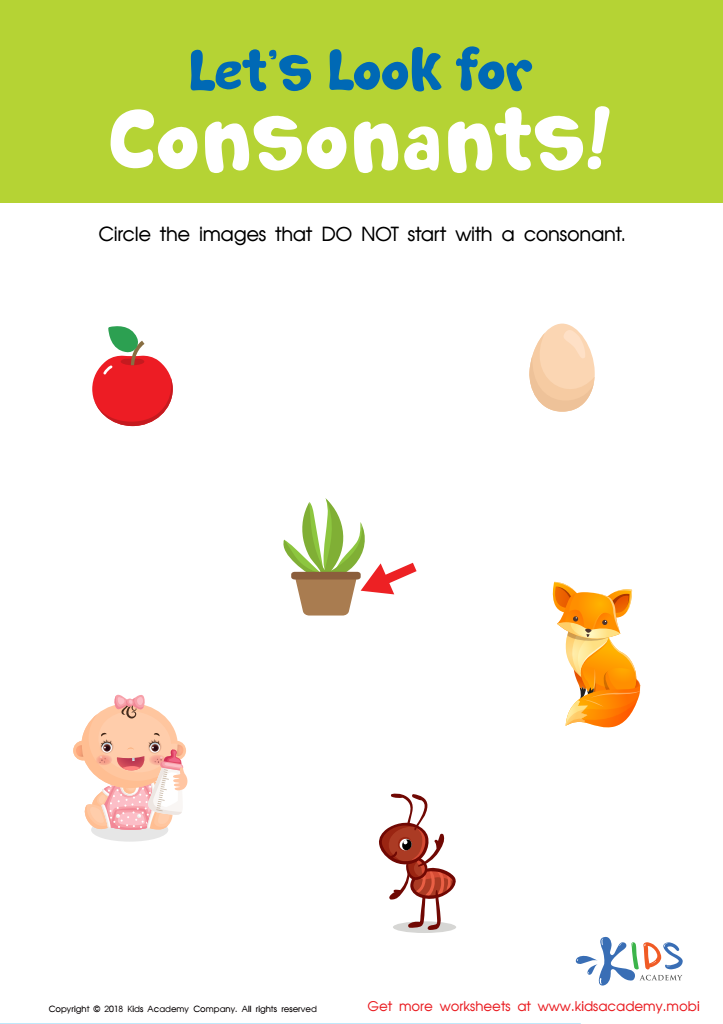

Let's Look for Consonants Worksheet
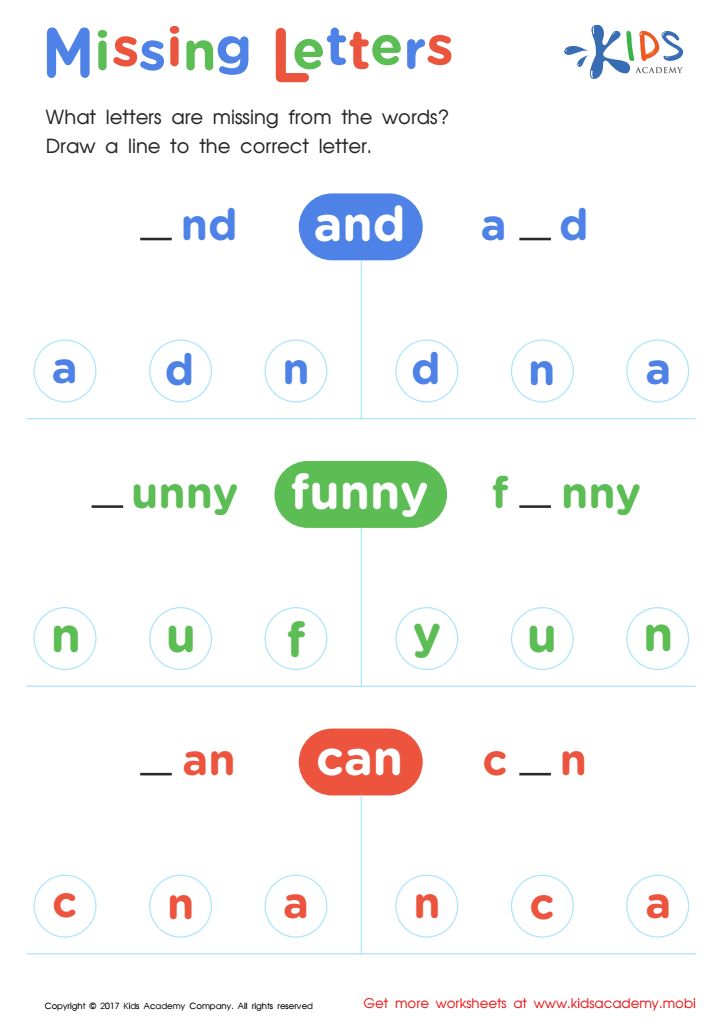

Missing Letters Worksheet
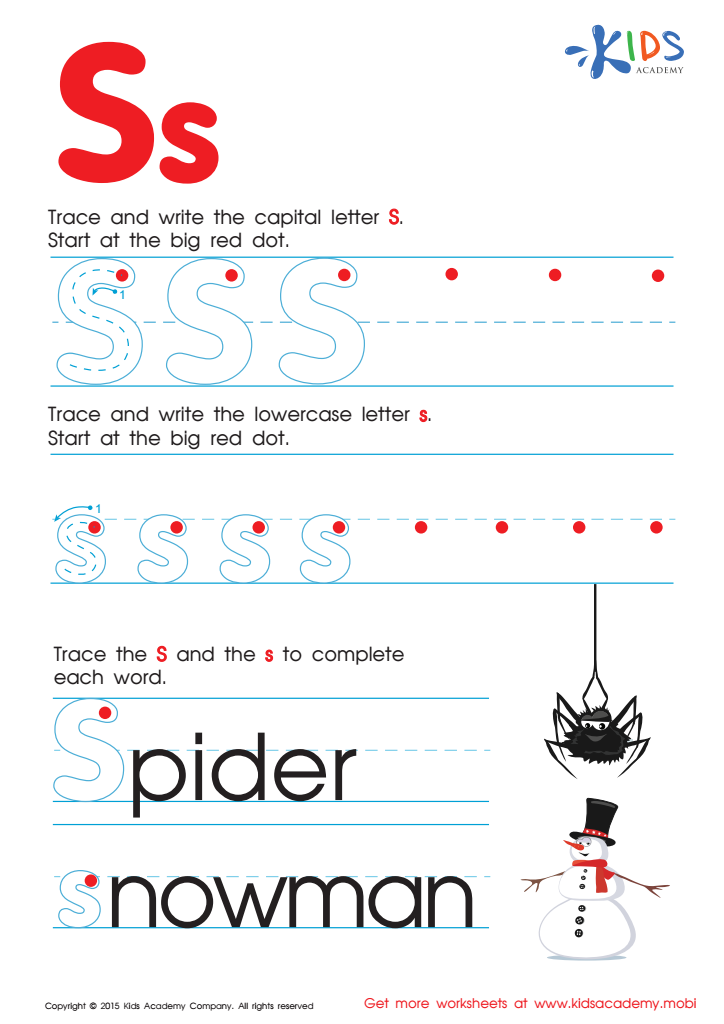

Letter S Tracing Page
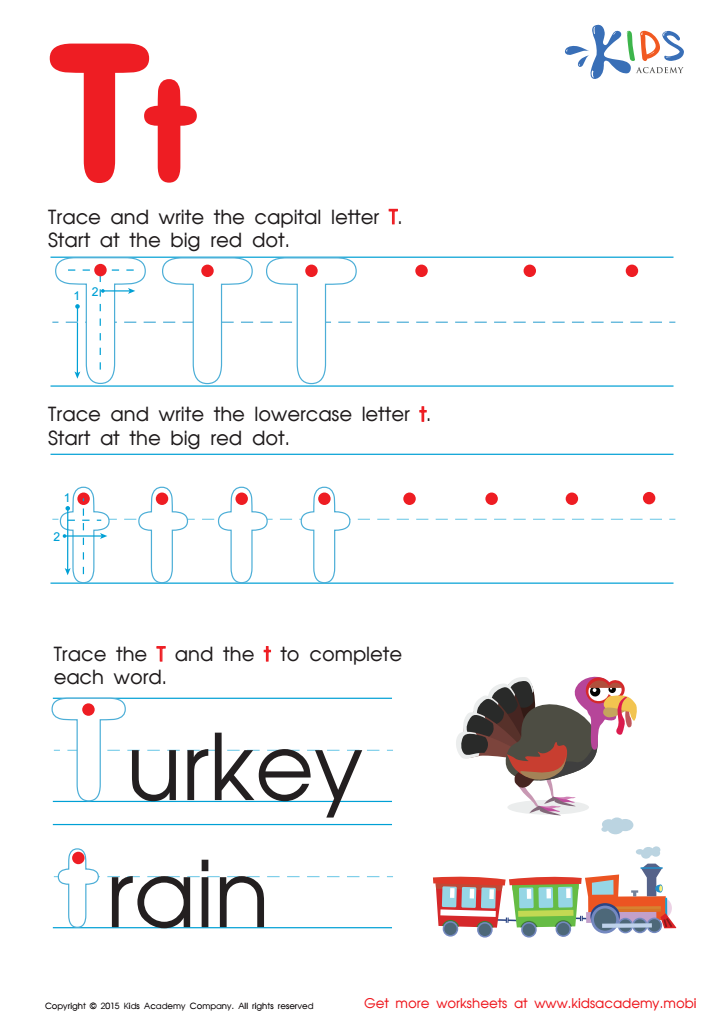

Letter T Tracing Page
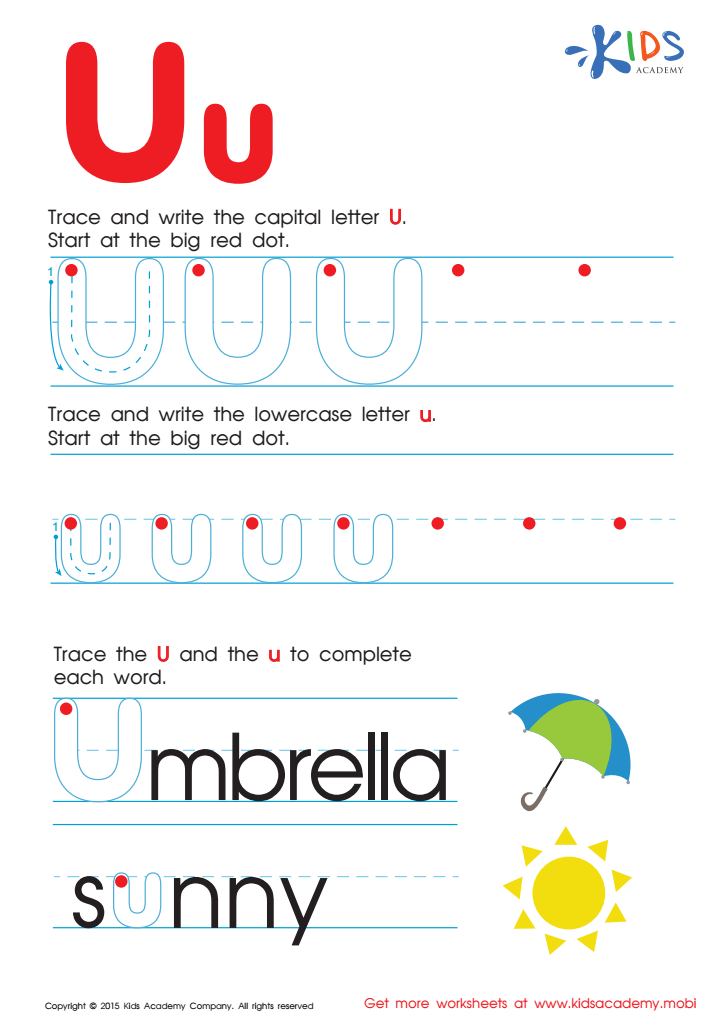

Letter U Tracing Page
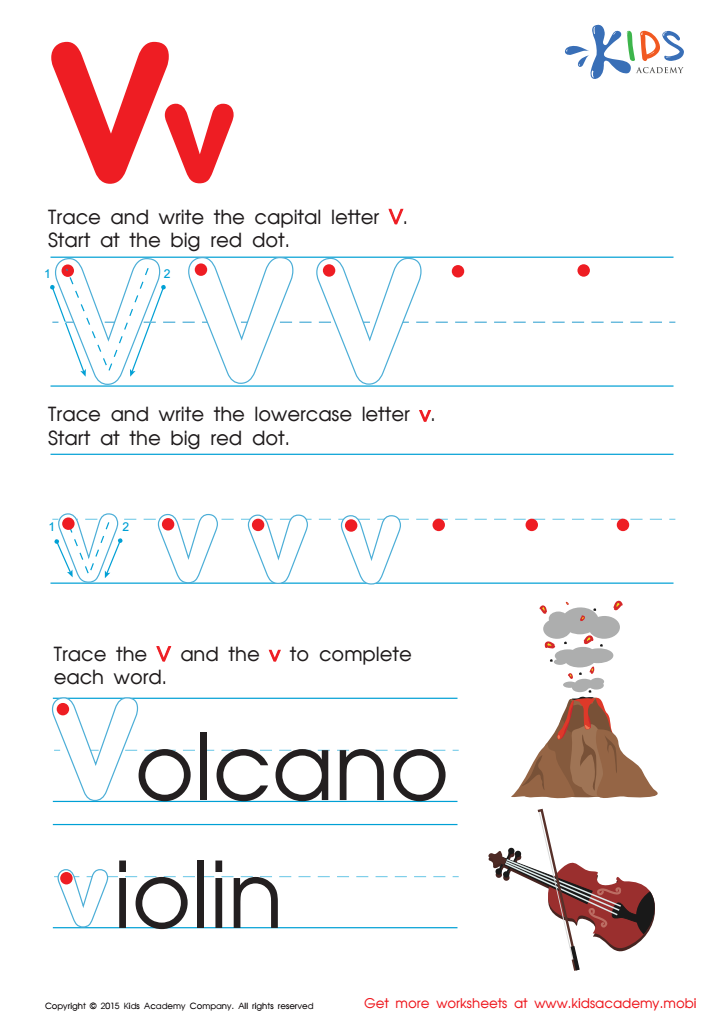

Letter V Tracing Page


Letter A Tracing Page


Letter X Tracing Page
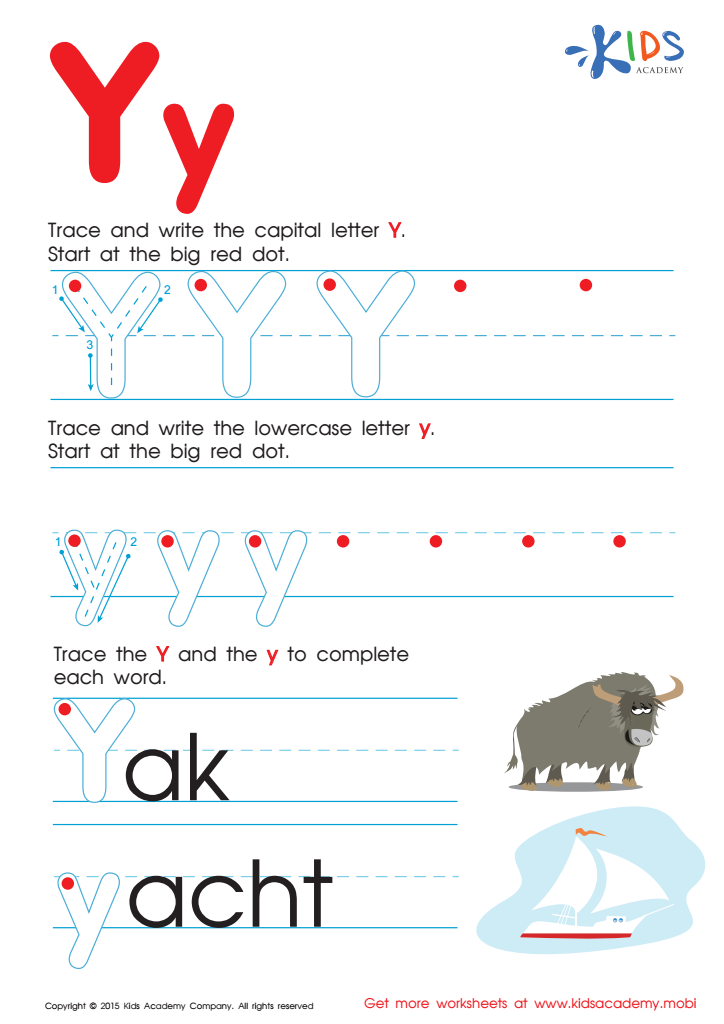

Letter Y Tracing Page
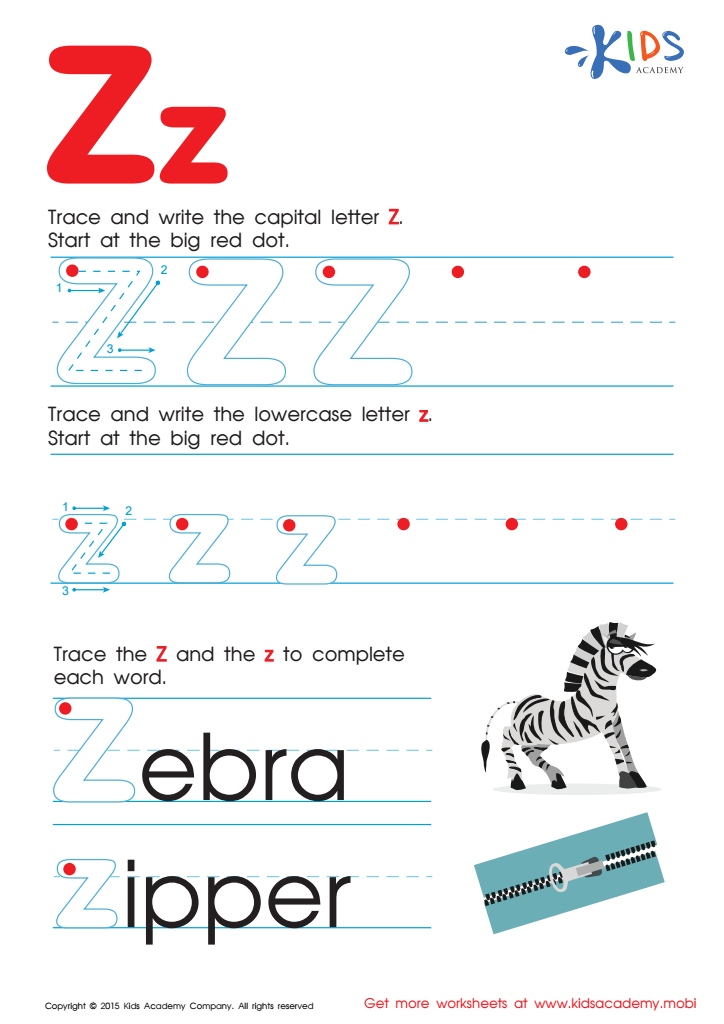

Letter Z Tracing Page
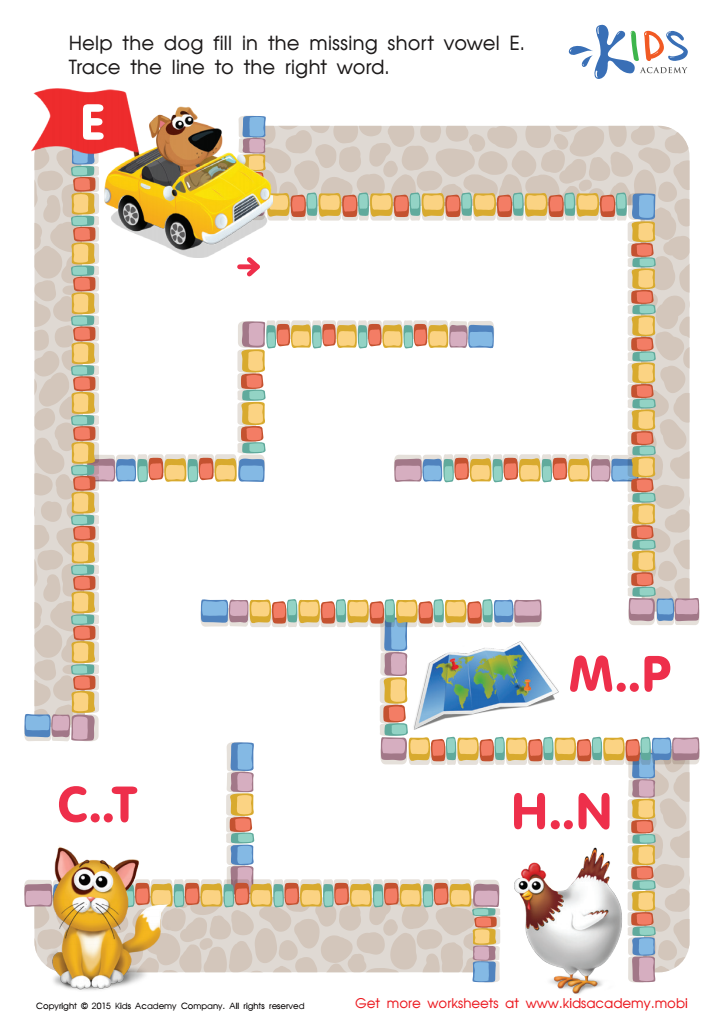

Short Vowel Sound E Worksheet
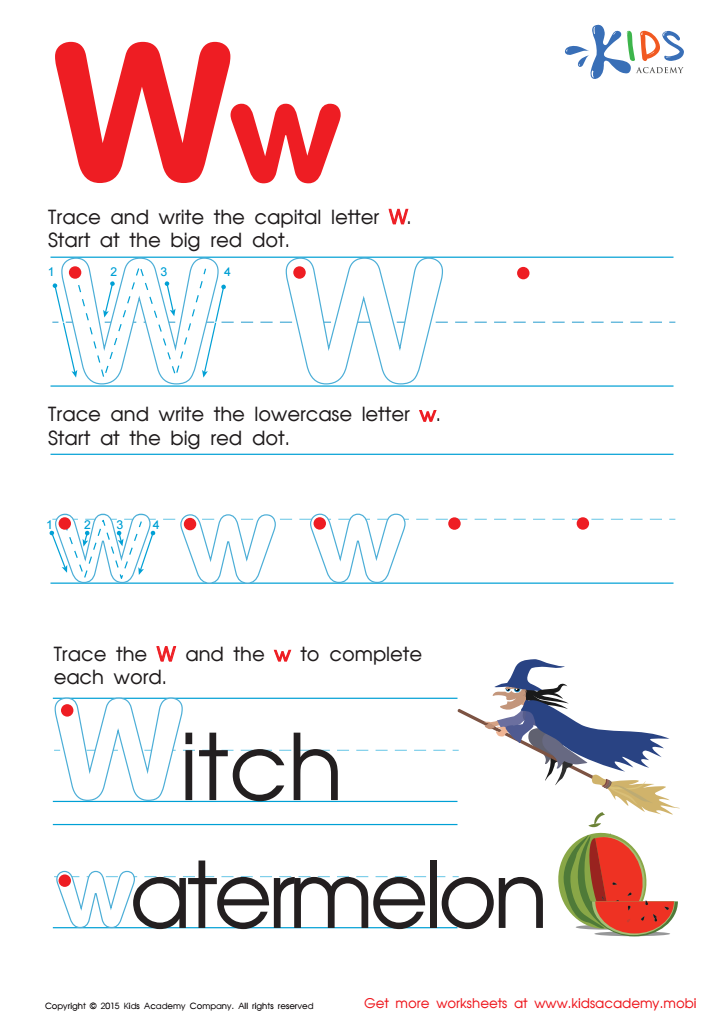

Letter W Tracing Page


Letter R Tracing Page
Recognizing letters is a foundational step in a child’s literacy development, building the path for future reading and writing skills. Focusing on Extra Challenge Letter Recognition for children aged 3-7 can offer numerous benefits that bolster this development.
At this crucial age, children's brains are highly receptive and adaptable. Introducing them to extra challenges in letter recognition exercises their cognitive abilities, enhancing memory, concentration, and problem-solving skills. This can include recognizing letters in various fonts, finding letters within words, or even differentiating between closely resembling letters like "b" and "d" or "p" and "q." These more complex exercises help solidify their understanding and familiarity with the alphabet beyond mere rote memorization.
Furthermore, early exposure to advanced letter recognition can contribute to a child’s confidence and enthusiasm for learning. At home, parents can transform these activities into engaging games that build emotional connections and make learning enjoyable. In the classroom, teachers can employ these challenges to nurture a growth mindset, encouraging curiosity and perseverance.
Ultimately, emphasizing Extra Challenge Letter Recognition reinforces early literacy skills, equipping children with the tools they need for academic success and instilling a lifelong love for reading and learning. Early intervention in a child's cognitive development can have lasting positive effects.

 Assign to My Students
Assign to My Students












